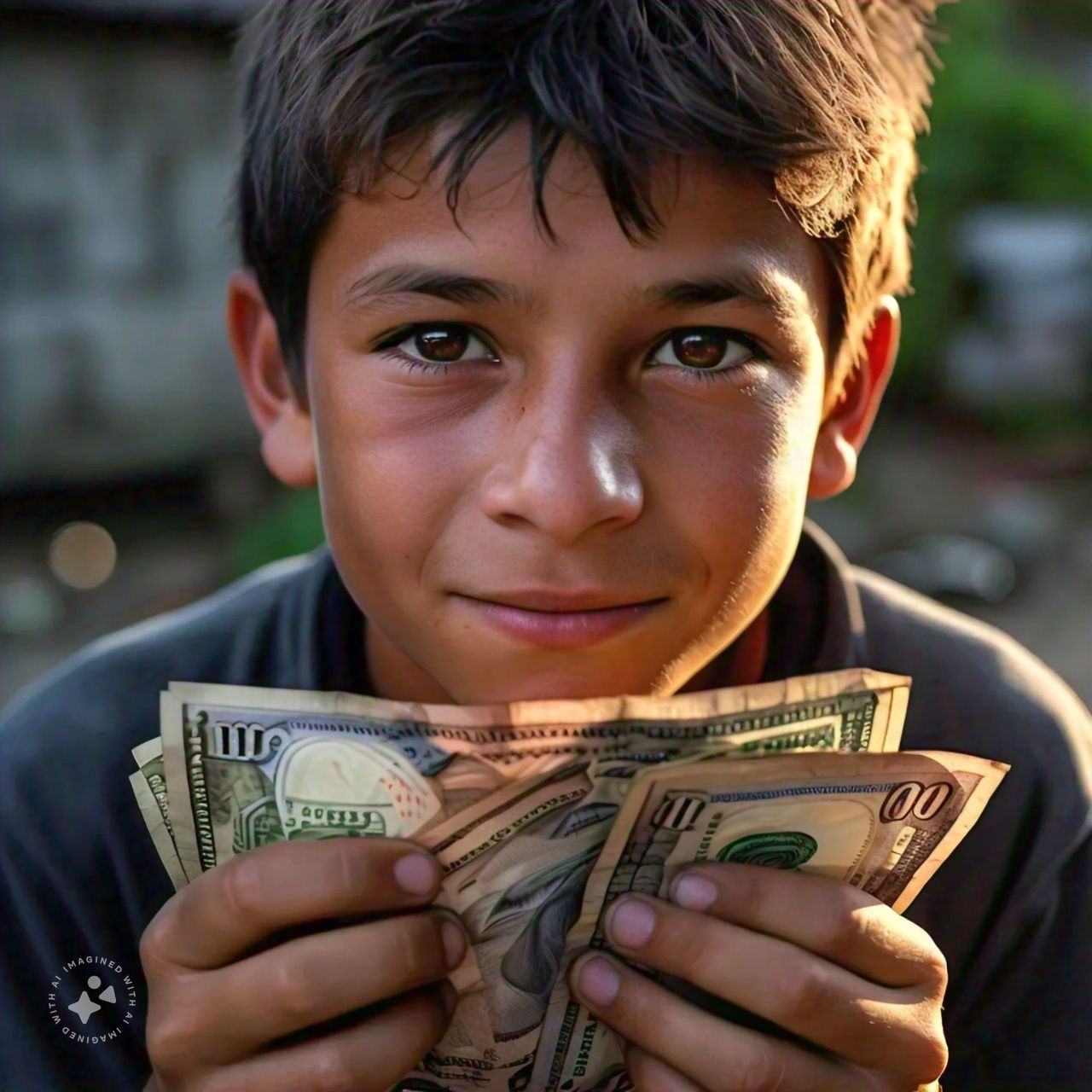
Should I Immediately Take Action If My Baby Has a Milk Allergy?
What Is a Milk Allergy?
Usually, a baby who is allergic to milk has an overactive immune system that overreacts to the proteins in milk. When a child drinks milk, his/her body thinks the proteins are invaders, and the body fights them fiercely. As a result, histamine is released by the body, resulting in an allergic reaction. Food allergies are a common allergy in infants. Approximately 1–1.5 percent of infants have food allergies. Nevertheless, the risk of a reaction is higher if the baby is artificially fed or mixed. In general, 85% of all reactions are related to only one allergen: cow’s milk proteins. Other common allergens include eggs, peanuts, and nuts.
Managing Milk Allergies in Babies: Prevention and Action Steps
Milk allergies are common in infants and young children. As a parent, it’s essential to recognize the symptoms and take appropriate steps to prevent accidental exposure. In this article, we’ll discuss how to manage milk allergies in babies.
Recognizing Milk Allergy Symptoms
Milk allergy symptoms can vary from mild to severe. Look out for the following signs:
-
Skin Reactions:
- Hives (raised, itchy welts)
- Rashes
- Swelling of the lips or face
-
Digestive Symptoms:
- Vomiting
- Diarrhea
- Abdominal pain
-
Respiratory Symptoms:
- Wheezing
- Difficulty breathing
-
Anaphylaxis (Severe Allergic Reaction):
- Rare but life-threatening
- Symptoms include swelling of the throat, difficulty breathing, and a drop in blood pressure.
Immediate Actions
-
Severe Symptoms:
- If your baby experiences severe symptoms (such as difficulty breathing), call 911 or head to the emergency department immediately.
- Administer an adrenaline autoinjector (if prescribed by your doctor).
-
Mild Symptoms:
- Most mild symptoms (like hives) will resolve within a few hours.
- Make a doctor’s appointment after the first allergic reaction to discuss further steps.
Preventing Accidental Exposure
-
Read Labels:
- Always check food labels for milk or milk-derived ingredients.
- Be cautious with non-food items (cosmetics, medications) that may contain milk proteins.
-
Communicate Clearly:
- Inform restaurant staff about the allergy when dining out.
- Educate teachers and caregivers if your child attends daycare or school.
-
Avoid Cross-Contamination:
- Use separate utensils and cooking surfaces for milk-free foods.
- Wash hands thoroughly after handling milk-containing products.
-
Be Prepared:
- Carry allergy-friendly snacks when traveling.
- Consider a medical alert bracelet indicating the milk allergy.
-
Educate Others:
- Teach family members and friends about the allergy.
Conclusion
Early recognition and proper management are crucial for your baby’s health. Consult with a healthcare professional for personalized advice. Remember, vigilance can prevent accidental exposure to milk allergens.




